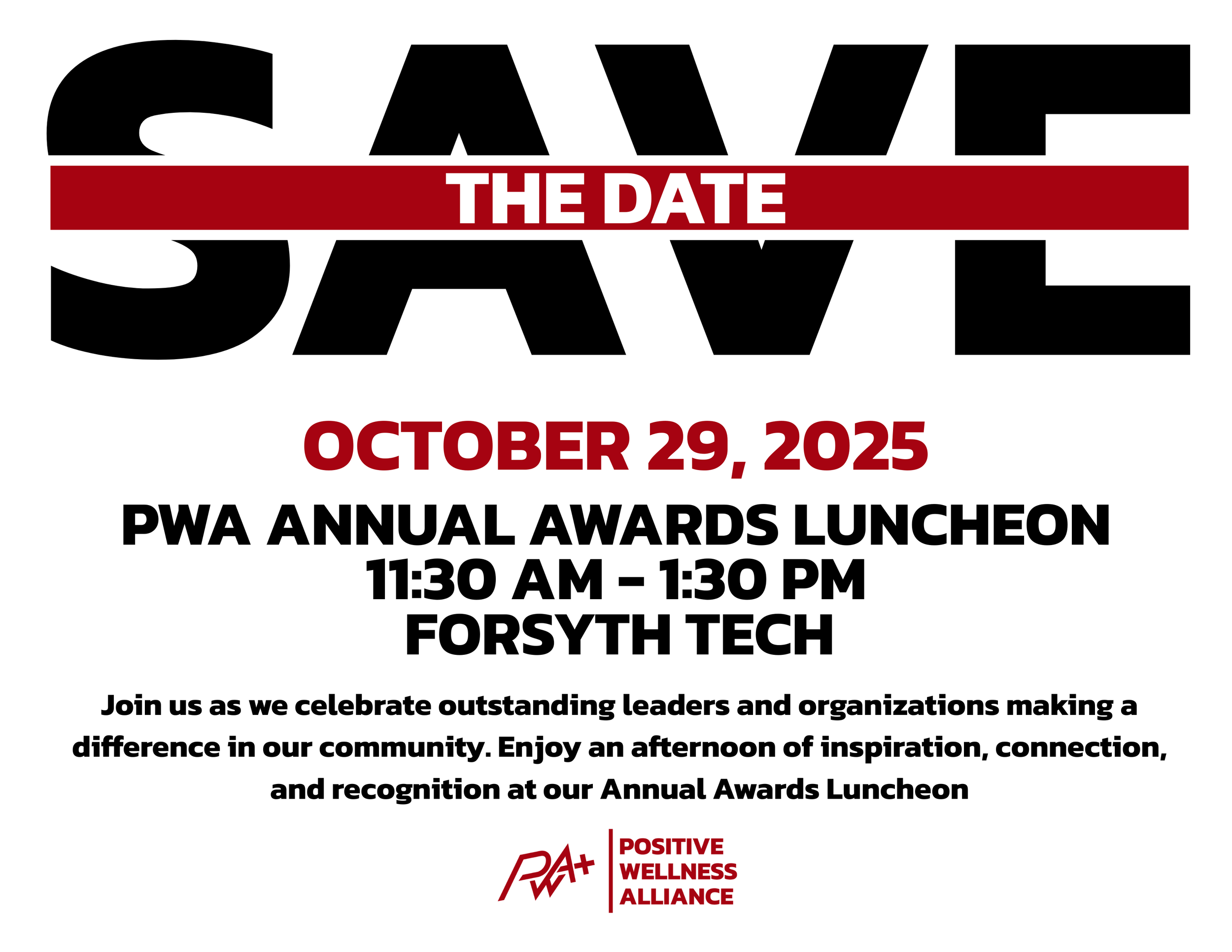5/1/2025
Each week I try to select a topic that is not only interesting to you as the reader but requires me, as the writer, to do some research to make sure I am presenting the most relevant information. This week I decided to write about stress and quickly realized stress is a ‘hot topic’ so to speak. If you go back to your middle and high school science class you probably learned that stress causes a reaction. In fact, I often think of Isaac Newton’s third law of motion that can be summarized as - for every action there is an equal and opposite reaction. If you prod a frog they will likely jump away, demonstrating an equal and opposite reaction to being stressed with that poke.
But in reality the study of and the body of research around stress is enormous. I am not going to attempt to describe the plethora of information available, but one driving theme is that stress is difficult to define because it is a complex mix of perceptions, life experiences, and outside influences. A few basic themes that I feel comfortable sharing include, 1) stress is not just a feeling, it actually results in changes in our body, 2) we can appear fine or ‘look’ fine but stress can be changing our body on a cellular level, 3) when we get past the stressful event it does not mean that the stress is gone, 4) we all need social support to get through stressful times, 5) there are less useful coping mechanisms that may increase stress, and 6) we actually need stress in order to learn and grow.
An important part of understanding stress is that each person defines what is stressful for them. For example, it is common to feel stress before public speaking but some people are energized by the opportunity to speak in public, seemingly not stressed. Stress should be placed on a continuum, the stress we feel before going to a medical appointment is different than the stress we experience as a result of trauma or violence. And the way we cope with stress is equally personal. There are a few tried and true strategies with a body of research to support their effectiveness, such as spending time in nature, meditation, exercise, and other healthy behaviors. And one of the most important things we can do is to build up our social networks of genuine support which will help us to alleviate many different types of stress. For example, if you are feeling nervous as a new parent, cultivating a group of other parents allows you to ask questions and learn what to expect from the new child in your life.
One thing that I ‘stress’ about is whether or not this exorbitant emphasis on how stress impacts us may actually increase the stress we are feeling. To help you understand my concerns, let me share a few statistics published in June 2024 by Jennifer Wirth and James Miller for Forbes about the effects of stress[1]:
[1] APA: Stress in America 2022 - Concerned for the future, beset by inflationhttps://www.apa.org/news/press/releases/stress/2022/concerned-future-inflation
These statistics give me pause and I am more convinced that we must teach children and adults to handle stress more effectively. One place to start is by framing some stress as a way to learn and grow, to incorporate new knowledge and habits into our lives to reduce stress. It is never as easy as the famous Nike tagline – Just do it! – but it may be as simple as shifting our perspective to identify positive change in our life that reduces our stress. This is in no way to reduce the negative impact of stress that many people experience, it is merely one strategy that may reframe our expectations around some of the stress we experience every day.
Perhaps we can learn from the quote of the week at PWA:
Our next meeting for Region 3 will be on May 13th at 10:00 A.M.
In these meetings we take space for those to highlight work, accomplishments, and prove that those who are HIV+ thrive and are successful. As long as you're willing to help move the needle forward, by any action small or large, we genuinely want you to join us.
This year we're focused on mapping services that clients can access in our eight county region. We know that the work you currently, do, and might even begin to do is so critical to this effort. Even if you might not join us, we encourage to forward this invite to anyone who might be interested. After all, we're all in this together.
Can we count on you to join us? If so, click the button below for more information on how to do so.
We can't wait to see you there.
Take a moment and imagine what we’d ask ourselves after receiving devastating health news. Will our health insurance cover this (if you have it)? Do we have a way to consistently get to our appointments? Do we have a safe place to live? Can we keep our homes if we miss work due to this? Will my friends and family be there for me?
For those we help, unfortunately those questions are met with extreme uncertainty. For this reason, PWA urges you to consider making a planned monthly donation to PWA. For as little as $30 a month, you can help heat a home in the winter and have A/C in the summer. For $50 a month you help children get a healthy breakfast each day. For $100 a month, you can help provide a housing deposit that allows a single parent to move into an apartment.
In today’s challenging times, let’s come together to make sure that we can help as many as possible.










